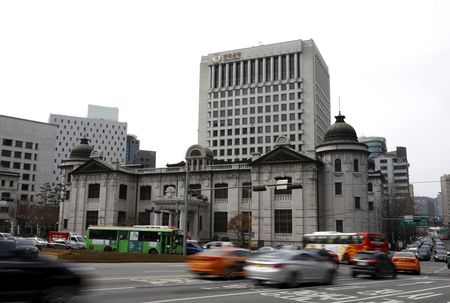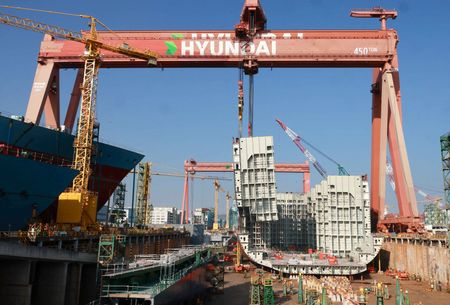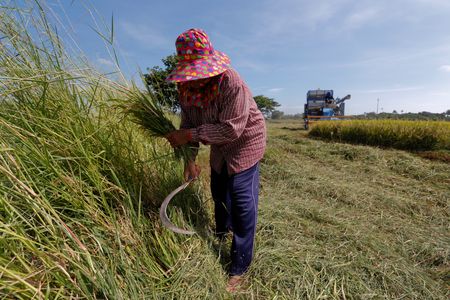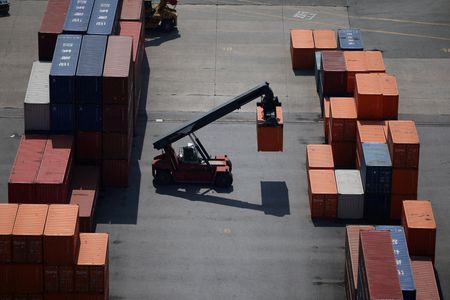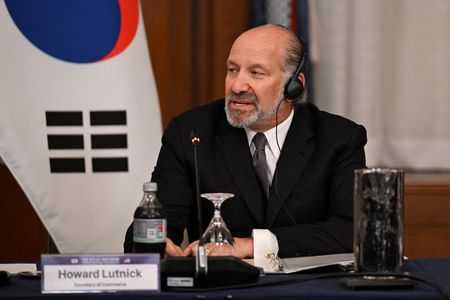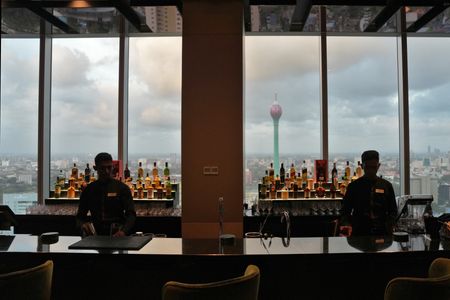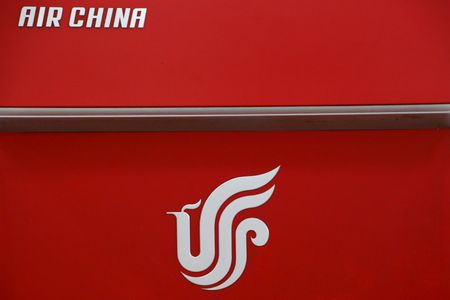By Rahul Trivedi
BENGALURU (Reuters) -The Bank of Korea (BOK) will keep its key policy rate steady on Thursday, viewing rising property prices as a more immediate concern than lifting economic growth, according to a Reuters poll of economists who now expect easing to resume next quarter.
South Korea’s central bank paused its easing cycle in July, but since then stronger economic data and rising property prices have led economists to shift their forecasts from expecting a cut in last month’s poll to seeing a hold on August 28.
Governor Rhee Chang-yong told parliament last week house prices in some areas of Seoul were still climbing rapidly and said the central bank needed to see whether the trend stabilises.
That suggests the BOK will wait for clearer evidence in the data before cutting interest rates.
More than 75% of economists, 27 of 35, polled from August 19-25 expected the BOK to hold its base rate at 2.50% on Thursday. The remaining eight forecast a 25 basis point cut to 2.25%.
“While we thought August was a perfect timing for giving the final cut, it seems that monetary authorities decided to monitor financial stability issues – property prices and household loan developments – before making additional moves,” said Stephen Lee, chief economist at Meritz Securities.
Lee added a rate cut would likely be delayed to the next meeting if property prices show signs of easing.
With the economy rebounding 0.6% in the April–June quarter, its strongest pace in over a year after a first-quarter contraction and inflation around 2%, most economists now expect one rate cut this year compared with no clear consensus in the last survey.
More than 70% of economists, 21 of 28, expected rates to fall 25 basis points to 2.25% by end-2025. Six predicted 50 basis points reduction to 2.00% and only one saw no change from the current level of 2.50%.
South Korea struck a trade deal with Washington in late July that set tariffs at 15%, down from the initially proposed 25%, offering some relief to the export-driven economy. To cushion the economy against weak domestic demand the government also rolled out fiscal support in May and July.
“The Korea-U.S. tariff negotiations concluded with a lower-than-threatened rate of 15%…while domestic demand is showing signs of recovery amid improved political stability,” said Krystal Tan, an economist at ANZ.
“Consumer sentiment has rebounded, and the government’s coupon initiative is providing a near-term boost. We still expect a 25bp rate cut later this year, assuming housing market risks continue to moderate,” she said.
A separate Reuters poll conducted in July showed growth would average 0.9% this year, in line with the BOK’s 0.8% estimate. Several economists said the central bank could revise up its 2025 forecast at this week’s meeting.
(Other stories from the August Reuters global economic poll)
(Reporting by Rahul Trivedi; Polling by Vijayalakshmi Srinivasan and Devayani Sathyan in Bangalore and Jihoon Lee in Seoul; Editing by Sharon Singleton)

